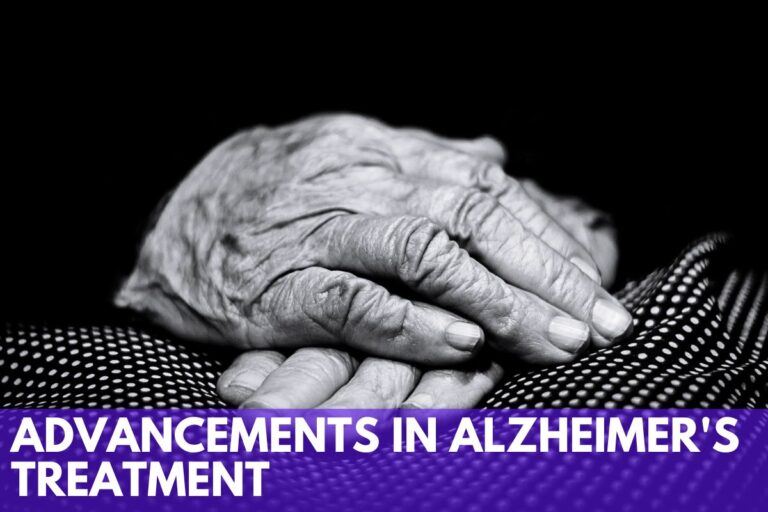No products in the cart.

Alzheimer’s: A Leading Cause of Dementia Among the Elderly
Introduction:
Dementia is a broad term encompassing various cognitive disorders that affect memory, thinking, and behavior. Among these disorders, Alzheimer’s disease stands as the primary cause, accounting for a significant portion of dementia cases, particularly among the elderly population. In this blog, we will delve into the profound impact of Alzheimer’s, shedding light on its prevalence, symptoms, and the critical need for awareness and support in our communities.
Understanding Alzheimer’s:
Alzheimer’s disease is a progressive brain disorder that causes the brain to undergo atrophy, resulting in the loss of neurons and their connections. This deterioration significantly affects cognitive functions, impairing memory, thinking, and behavior. Currently, it is ranked as the sixth leading cause of death in the United States, and its prevalence is only expected to rise in the coming years.
The Prevalence:
Statistics reveal the alarming prevalence of Alzheimer’s disease among the elderly. In the United States alone, approximately 5.8 million individuals aged 65 and older are living with Alzheimer’s. What’s more, it is estimated that 80% of those affected are 75 years or older. Globally, out of the roughly 50 million people living with dementia, 60% to 70% are believed to have Alzheimer’s disease. These numbers emphasize the urgent need to address the impact of Alzheimer’s on individuals, families, and society as a whole.
Recognizing the Symptoms:
Early detection and diagnosis of Alzheimer’s are crucial in providing timely care and support. Common symptoms include memory loss, confusion, difficulty with problem-solving, challenges in planning and organizing, as well as changes in mood and behavior. It is essential for individuals and their loved ones to be aware of these signs, as early intervention can significantly improve the quality of life for those affected by the disease.
Raising Awareness:
At our organization, we are committed to raising public awareness about Alzheimer’s disease and its profound impact on individuals and families. By increasing knowledge and understanding, we aim to combat the stigma associated with dementia and provide support to those in need. Through educational campaigns, community engagement, and collaborative efforts, we strive to empower individuals to recognize the signs, seek help, and become advocates for a dementia-friendly society.
Supporting Families and Research:
The effects of Alzheimer’s reach far beyond the individuals diagnosed with the disease. Family caregivers often face immense challenges in providing care and support. Our organization is dedicated to providing guidance, resources, and support networks for these caregivers, ensuring they have the tools and assistance they need on their caregiving journey.
Additionally, research plays a vital role in advancing our understanding of Alzheimer’s disease and developing effective treatments and interventions. Through fundraising efforts and partnerships with research institutions, we aim to contribute to the ongoing scientific advancements, ultimately working towards a future free from the devastating impact of Alzheimer’s.
Conclusion:
Alzheimer’s disease represents a significant challenge for our aging population and society as a whole. By recognizing its prevalence, understanding the symptoms, and fostering awareness, we can make a difference in the lives of those affected by Alzheimer’s. Together, let us join hands to support individuals living with the disease, provide resources and care for their families, and drive research efforts towards finding a cure. Only through collective action can we strive to eliminate the burden of Alzheimer’s and create a world where every individual can age with dignity and grace.



